 Weird Stuff
Weird Stuff  Weird Stuff
Weird Stuff  Health
Health Ten Confounding New Inventions from the World of Biomedicine
 Creepy
Creepy 10 Death Superstitions That Will Give You the Creeps
 Movies and TV
Movies and TV 10 Movies That Get Elite Jobs Right, According to Experts
 Weird Stuff
Weird Stuff 10 Times Real Laws Were Based on Bizarre Hypotheticals
 Animals
Animals 10 Inspiring Tales of Horses Being Human
 Mysteries
Mysteries Top 10 Haunting Facts About the Ghost Ship MV Alta
 History
History 10 Surprising Stories About the Texas Rangers
 Humans
Humans 10 Philosophers Who Were Driven Mad by Their Own Theories
 Miscellaneous
Miscellaneous 10 Video-Game-Worthy Weapons and Armors from History
 Weird Stuff
Weird Stuff 10 Warning Labels That Exist Because Someone Actually Tried It
 Health
Health Ten Confounding New Inventions from the World of Biomedicine
 Creepy
Creepy 10 Death Superstitions That Will Give You the Creeps
Who's Behind Listverse?

Jamie Frater
Head Editor
Jamie founded Listverse due to an insatiable desire to share fascinating, obscure, and bizarre facts. He has been a guest speaker on numerous national radio and television stations and is a five time published author.
More About Us Movies and TV
Movies and TV 10 Movies That Get Elite Jobs Right, According to Experts
 Weird Stuff
Weird Stuff 10 Times Real Laws Were Based on Bizarre Hypotheticals
 Animals
Animals 10 Inspiring Tales of Horses Being Human
 Mysteries
Mysteries Top 10 Haunting Facts About the Ghost Ship MV Alta
 History
History 10 Surprising Stories About the Texas Rangers
 Humans
Humans 10 Philosophers Who Were Driven Mad by Their Own Theories
 Miscellaneous
Miscellaneous 10 Video-Game-Worthy Weapons and Armors from History
10 Theoretical Countries Of The Future
Countries rise, and countries fall. Nobody assumes that the world map of the future will look like our modern map. Succession and unification movements exist all over the world, providing various possibilities for future countries.
10 Divided Belgium
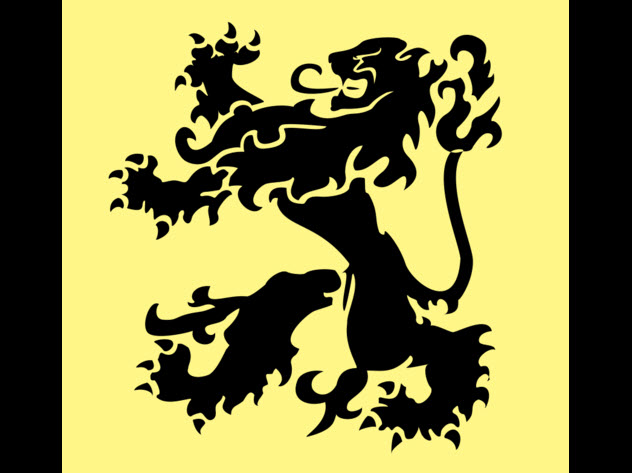
When most people think of countries splitting up, they probably do not think of Belgium. However, Belgium is already divided between cultures, with French-speaking people in the southern Wallonia region and Flemish-speaking people in the northern Flanders region. In 1993, the Belgian government gave increased autonomy to the Flemish people. As their region became more autonomous, some Flemish politicians began to advocate splitting from Belgium and forming a new country.
The Flemish support independence for a variety of reasons. First, they fear that staying a part of Belgium will negatively affect their cultural heritage and identity. By forming a new country, the Flemish would be able to protect their unique heritage and language without worrying about cultural assimilation. Secondly, there is a big economic and governmental difference between Flanders and Wallonia. The French-speaking regions of Wallonia have moved in a more socialist direction while Flanders remains a market-based economy.
With the difference in ideologies, creating a functioning government is difficult. After the 2010 election, it took 18 months before the two regions began to work together. Tensions have increased due to Wallonia’s insistence on vetoing Flemish laws, which has led politicians to seriously consider a breakup.
Some are hoping for a referendum soon. Flanders can easily survive on its own, but the Wallonia economy might not hold up as an independent state. Other countries are attempting independence referenda, and it may be only a matter of time before a divided Belgium becomes a reality.
9 Alawite Nation
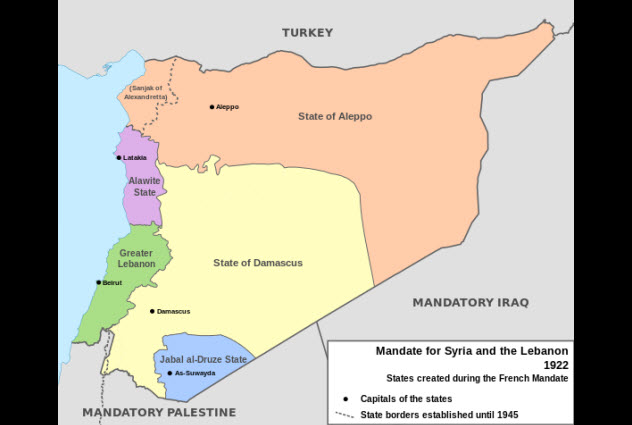
Syria is in the midst of a civil war against President Bashar al-Assad. Recently, Daesh (ISIS) made inroads into Syria, causing a refugee crisis that has only been worsened by the Paris attacks in November 2015.
Assad belongs to a historically oppressed minority Muslim group called Alawites, who differ in doctrine from the predominant Sunnis. Alawites account for only 12 percent of the Syrian population. But Assad is an Alawite, so they exert strong influence over the government, increasing the chance that the civil war may end in a divided Syria.
If the war continues, Assad may consider forming an independent Alawite state. When Syria was under French control around World War I, the Alawites convinced the French to give them autonomy. Eventually, the Alawites took control of Syria after the French occupation. But now that their mode of governing has started a civil war, the Alawites may look to become an independent state.
The theoretical Alawite state would border the Mediterranean Sea and is a possible plan B for the government if Assad falls. Alawites would have a pronounced tactical and military advantage over the rebels, including an air force that the rest of Syria could not match. These facts further support the feasibility of Alawite independence. There are also rumors that Russia supports an independent Alawite state.
8 Catalonia

Catalonia is a region of Spain that has been given increased autonomy over the years, especially after the death of General Francisco Franco in 1975. The Catalans are different from the Spaniards in that they speak a different language, have different cultural traditions, and have a history independent of Spain. Centered around the city of Barcelona, the Catalans have pushed hard for independence over the past few years.
The Catalan region of Spain is a powerhouse in the nation’s economy. Although it only accounts for 16 percent of the Spanish population, Catalonia contributes 19 percent of the Spanish GDP. The region also gives more money to Madrid in taxes than it gets back, with most Catalans believing that Spain underfunds their infrastructure compared to the rest of the country.
Arguments for Catalonian independence are strong. In October 2015, Catalonia elected representatives dedicated to putting their region on the path to independence. As Catalonia has one of the oldest parliaments in the world and Catalan is the ninth most spoken language in the European Union, the region already acts like a country.
The Spanish government will not let Catalonia break away, stating that they will use any political powers necessary to keep Spain together. To test the feasibility of breaking away from their mother country, secessionist leaders hope to hold a referendum soon that is modeled after Scotland’s referendum.
7 Ryukyu
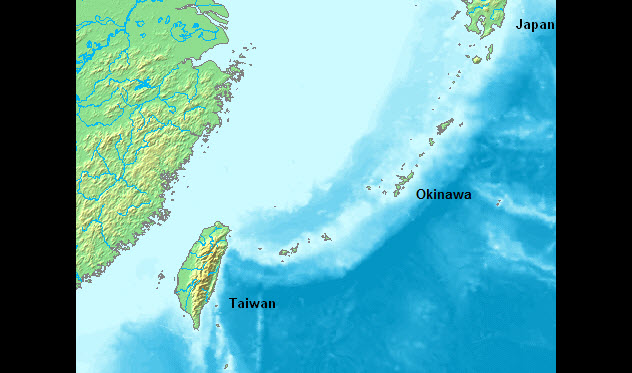
One of the main battlegrounds of World War II, Okinawa and its neighboring islands were under Japanese control for most of the war until the US captured them in 1945. When the war ended, the native Ryukyuan people on Okinawa believed that the US would make the island chain an independent country. However, the islands reverted to Japanese control. From that point on, a small but adamant independence movement arose on the islands.
Ryukyuan separatists argue that their movement is in line with the Scottish referendum and the UN charter, which states that all people have the right to choose their own government. Resentment against the Tokyo government increased when the Japanese allowed the US to build a large military base on Okinawa without local approval.
In the 1970s, Ryukyuan independence movements involved violent uprisings. But this time, the Ryukyuan people prefer a diplomatic solution to their perceived underrepresentation in the Japanese government. By being more outspoken about independence options, the separatists are slowly building support among the people. It will be a while before Ryukyu has the chance to become an independent country, but recent referendum movements show that it is not impossible.
6 Independent Judea

Judea was an ancient country that formed when Israel broke into two countries during biblical times. When the southern portion fell to invaders, Judea survived until the Babylonians conquered the land in 600 BC. While the historical Judea is well-known, a new state of Judea may also form in modern times. Right-wing Israeli rabbis are calling for the creation of the new state as an outcome of the Palestinian conflict. The formation of Judea does not seem likely, but it is one of the possibilities for the future of Israel.
In 1989, right-wing rabbis also threatened a secession if Israel withdrew from the Gaza Strip and the West Bank. The rabbis intended to gather as many followers as possible and forcibly retake Gaza as a new state. Although that didn’t occur in 1989, the idea reappeared in 2007.
That year, Israel was contemplating a unilateral withdrawal. The right-wing rabbis stated that if Israel was ever to pull out of Gaza, they would secede. Although the new nation never formed, a secessionist state of Judea is a constant threat from hard-line rabbis as Israel contemplates its long-term Palestinian strategy.
5 Balkanized United States

When the Soviet Union broke up, the term “balkanization” was coined to describe the small nations left over in the Balkan region. In modern speculative literature and political science, the term describes a large nation that splits into smaller constituent parts. A classic victim of the trope is the US. While it may seem like science fiction, a balkanized US is not as unlikely as it sounds.
For the past few years, the US has debated the limitations of governmental power, with many conservative politicians fighting against what they consider to be Washington overreach. In response, some political scientists have stated that the US has simply become too big and should break into smaller countries. As crazy as that might sound, the US is already divided along racial and economic lines. Besides nationality, the different regions do not really have much in common with each other.
A balkanized US could be created in many ways, either by peaceful disintegration or violent civil war. Various groups have already started calling for the breakup of the US. The most popularly known are Texas conservatives, who have long discussed the possibility of breaking away and returning to independent status.
Less well-known is the Vermont secessionist movement called the Second Vermont Republic. The Alaska secessionist party is the third largest in the state, and small groups of Christians have threatened to break away from the US to set up a country more in line with their reading of the Bible.
4 East Turkestan
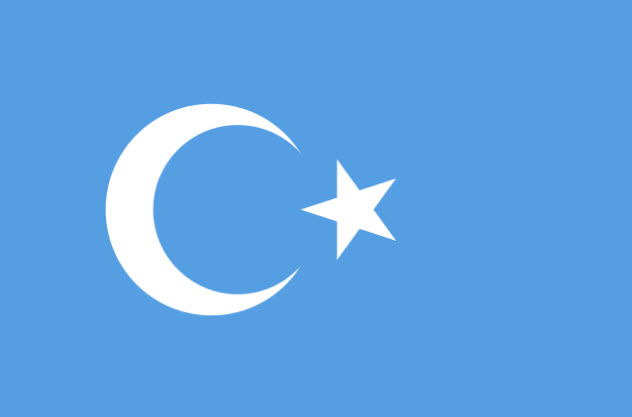
The Xinjiang province is an area of east China that has a Muslim population. For centuries, the people in this region governed themselves, but they are now under Chinese control. Although the province is called self-governing, the native Uighur people are concerned that their needs are not being represented by the Chinese government. To protect their heritage, language, and form of government, the East Turkestan Islamic Movement (ETIM) is pushing for independence from China.
Chinese government officials strictly control Islamic observance in Xinjiang. They only allow worshipers to use state-approved Qurans and restrict the wearing of traditional Muslim clothing. This has heightened the ethnic violence in the region, causing hundreds of deaths in the past few years. An attack even occurred in Tiananmen Square.
In response to these attacks, Chinese officials have cracked down on the separatists. With many of them escaping into Pakistan, ETIM has been linked to Islamic terrorist groups. This prompted the US government to add ETIM to the list of possible terrorist organizations.
The Chinese government continues to fight against ETIM separatists, refusing to recognize them as an independent country. However, with more Islamic separatist movements springing up throughout Asia and an increased desire for democracy in China, ETIM has a more realistic chance of success.
3 European Federation
With the European Union acting like a large government, many European political philosophers and statesmen have discussed the possibility of becoming a single country called the “United States of Europe” or the “European Federation.” The EU already has the characteristics of a federation in its laws, single currency, and economic system.
One of the leaders of the unification movement is Guy Verhofstadt, the former prime minister of Belgium. Verhofstadt advocates turning the eurozone into a single country to make it easier to create laws and stabilize the economy. Viviane Reding, the vice president of the European Commission, wants to model the new country after the American bicameral system to offer another beacon of freedom to the world.
2 Khalistan
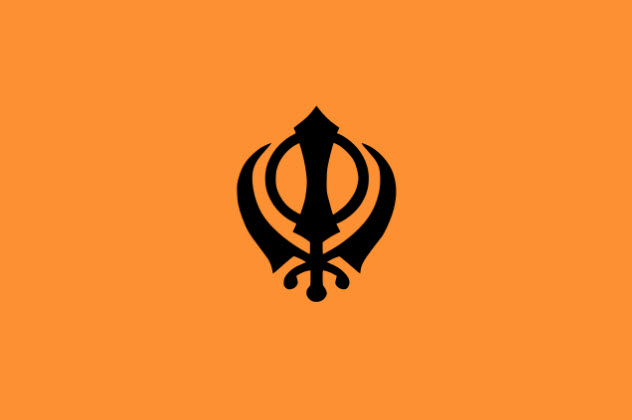
The Sikhs are a religious minority in India that historically resided in the Punjab region. In the late 20th century, the region experienced a movement to create a separate country known as Khalistan that would be ruled by Sikhs. Although this did not occur, there are still talks about an independent Sikh country, implying that the movement is not totally dead.
The desire for an independent state began as early as 1947, with Sikh separatists engaging in violent uprisings in Punjab from the 1970s through the 1990s. The uprisings became especially pronounced when the separatists were believed to have received aid from the US, Pakistan, and the United Kingdom.
Some Punjab Sikhs engaged in insurgent violence against the Indian government, including terrorist attacks and an airline hijacking in 1981. This forced the Indian military to respond with intense counterinsurgency operations which ended with alleged human rights abuses.
The movement faded away for a variety of reasons, mainly the demographics of the Punjab region and strict Indian counterinsurgency. However, the unrest continues, with some Sikh religious leaders continuing to push for independence. Pro-Khalistan organizations exist throughout the world, most of them advocating peaceful secession. On November 10, 2015, prominent Sikh leaders published a resolution for an independent state, showing that the idea has not completely died.
1 Bougainville
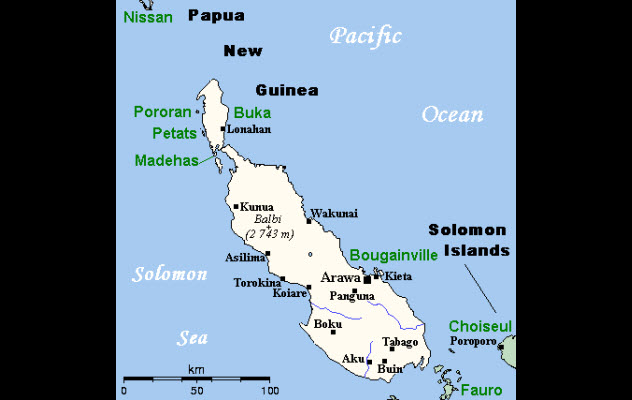
Bougainville is a region of Papua New Guinea (PNG) that fought for independence in a bloody civil war between 1988–1998. The conflict ended with nearly 20,000 people dead. Although the PNG forces put down the insurrection, the PNG government did allow the region to become autonomous to quiet the violent uprisings. However, Bougainville residents retain the hope of becoming completely independent.
Earlier this year, the people of Bougainville voted to decide which government officials would lead the country to independence. Although the PNG government seems to be playing ball with the independence movement this time, they are still closely monitoring the situation.
Oddly, they have not allowed government officials from Australia to observe the elections, although Australia has been involved with PNG politics since the war. Even with the restrictions, the Australian government has maintained a visible interest in Bougainville development. Independence leaders are planning a referendum sometime between 2015 and 2020.
Zachery Brasier is a physics student who likes to write on the side.



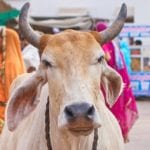
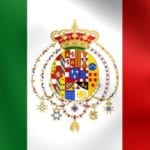

![10 Real Countries Straight Out Of The Handmaid's Tale [DISTURBING] 10 Real Countries Straight Out Of The Handmaid's Tale [DISTURBING]](https://listverse.com/wp-content/uploads/2019/11/offredandafghan-150x150.jpg)

